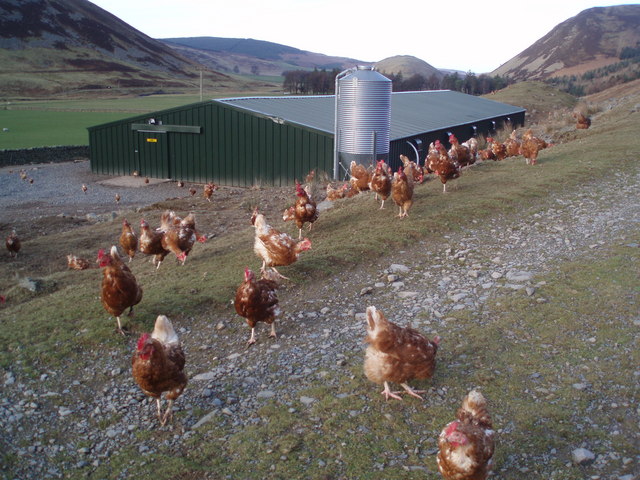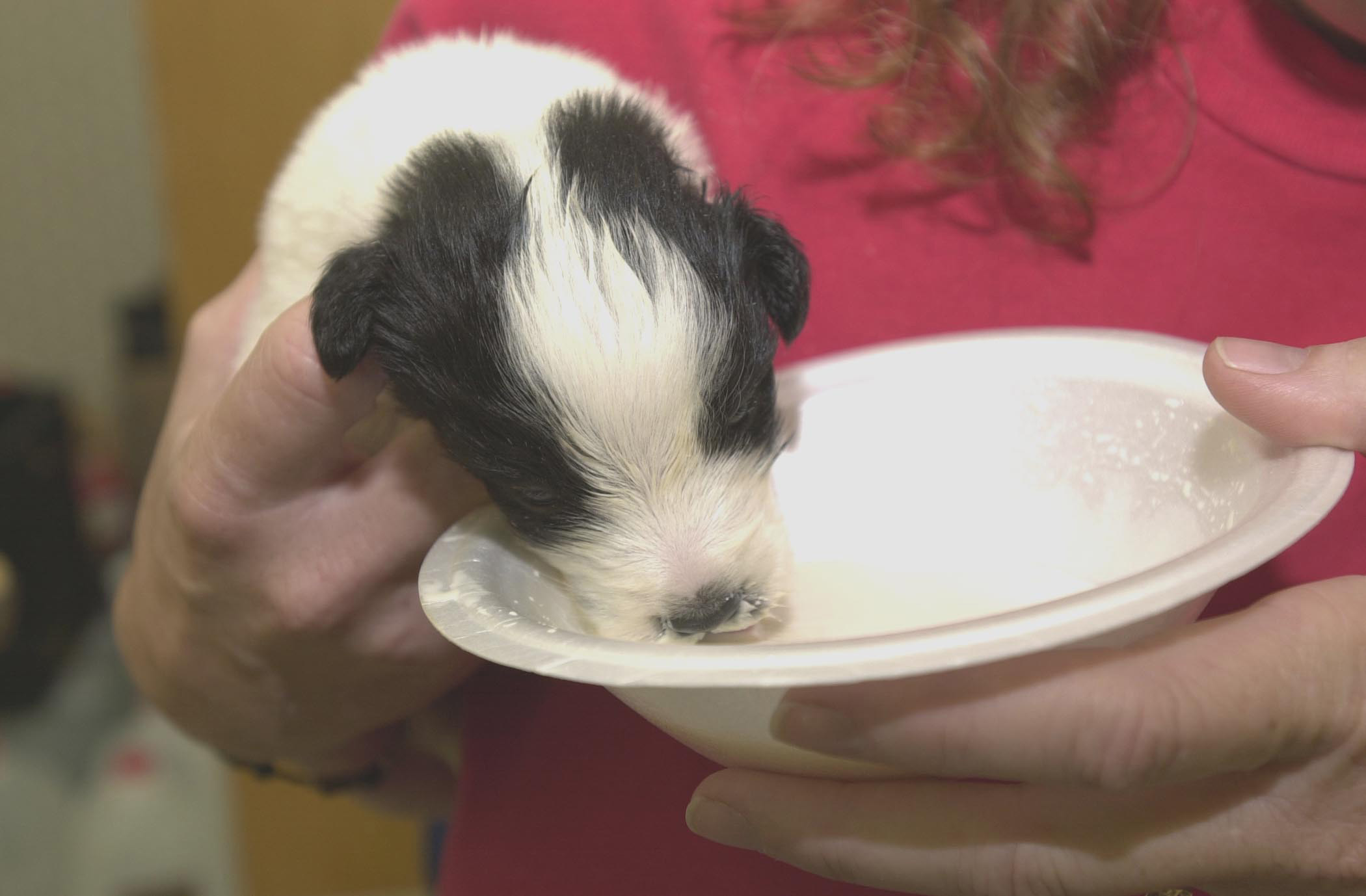|
Free Run (farming Stewardship)
Free run is a method of farming stewardship where the animals are not kept in cages but are allowed to wander around inside an enclosed structure, such as a barn. Unlike free range animals they do not have access to the outside. It is just cheaper than free range, but it is not looked upon as highly as by those concerned about animal welfare. See also * Free Range * Ethical consumerism * Moral purchasing A moral (from Latin ''morālis'') is a message that is conveyed or a lesson to be learned from a story or event. The moral may be left to the hearer, reader, or viewer to determine for themselves, or may be explicitly encapsulated in a maxim. ... References * {{DEFAULTSORT:Free Run Animal welfare Livestock ... [...More Info...] [...Related Items...] OR: [Wikipedia] [Google] [Baidu] |
Farm
A farm (also called an agricultural holding) is an area of land that is devoted primarily to agricultural processes with the primary objective of producing food and other crops; it is the basic facility in food production. The name is used for specialized units such as arable farms, vegetable farms, fruit farms, dairy, pig and poultry farms, and land used for the production of natural fiber, biofuel, and other biobased products. It includes ranches, feedlots, orchards, plantations and estates, smallholdings, and hobby farms, and includes the farmhouse and agricultural buildings as well as the land. In modern times, the term has been extended to include such industrial operations as wind farms and fish farms, both of which can operate on land or at sea. There are about 570 million farms in the world, most of which are small and family-operated. Small farms with a land area of fewer than 2 hectares operate on about 12% of the world's agricultural land, and family farms com ... [...More Info...] [...Related Items...] OR: [Wikipedia] [Google] [Baidu] |
Stewardship
Stewardship is a practice committed to ethical value that embodies the responsible planning and management of resources. The concepts of stewardship can be applied to the environment and nature, economics, health, places, property, information, theology, and cultural resources. Etymology Stewardship was originally made up of the tasks of a domestic steward, from stiġ (''house'', ''hall'') and weard, (''ward'', ''guard'', ''guardian'', ''keeper''). In the beginning, it referred to the household servant's duties for bringing food and drink to the castle's dining hall. Stewardship responsibilities were eventually expanded to include the domestic, service and management needs of the entire household. Notable councils * Forest Stewardship Council, since 1993 * Marine Stewardship Council, since 1996 * Aquaculture Stewardship Council, since 2010 See also * Antimicrobial stewardship * Data steward * Environmental ethics In environmental philosophy, environmental ethics ... [...More Info...] [...Related Items...] OR: [Wikipedia] [Google] [Baidu] |
Animal
Animals are multicellular, eukaryotic organisms in the Biology, biological Kingdom (biology), kingdom Animalia (). With few exceptions, animals heterotroph, consume organic material, Cellular respiration#Aerobic respiration, breathe oxygen, have myocytes and are motility, able to move, can reproduce sexually, and grow from a hollow sphere of Cell (biology), cells, the blastula, during embryonic development. Animals form a clade, meaning that they arose from a single common ancestor. Over 1.5 million extant taxon, living animal species have been species description, described, of which around 1.05 million are insects, over 85,000 are molluscs, and around 65,000 are vertebrates. It has been estimated there are as many as 7.77 million animal species on Earth. Animal body lengths range from to . They have complex ecologies and biological interaction, interactions with each other and their environments, forming intricate food webs. The scientific study of animals is known as ... [...More Info...] [...Related Items...] OR: [Wikipedia] [Google] [Baidu] |
Free Range
Free range denotes a method of farming husbandry where the animals can roam freely outdoors for at least part of the day, rather than being confined in an enclosure for 24 hours each day. On many farms, the outdoors ranging area is fenced, thereby technically making this an enclosure, however, free range systems usually offer the opportunity for the extensive locomotion and sunlight that is otherwise prevented by indoor housing systems. ''Free range'' may apply to meat, eggs or dairy farming. The term is used in two senses that do not overlap completely: as a farmer-centric description of husbandry methods, and as a consumer-centric description of them. There is a diet where the practitioner only eats meat from free-range sources called ethical omnivorism. In ranching, free-range livestock are permitted to roam without being fenced in, as opposed to intensive animal farming practices such as the concentrated animal feeding operation. In many agriculture-based economies, f ... [...More Info...] [...Related Items...] OR: [Wikipedia] [Google] [Baidu] |
Ethical Consumerism
Ethical consumerism (alternatively called ethical consumption, ethical purchasing, moral purchasing, ethical sourcing, or ethical shopping and also associated with sustainable and green consumerism) is a type of consumer activism based on the concept of dollar voting. People practice it by buying ethically made products that support small-scale manufacturers or local artisans and protect animals and the environment, while boycotting products that exploit children as workers, are tested on animals, or damage the environment. The term "ethical consumer", now used generically, was first popularised by the UK magazine '' Ethical Consumer'', first published in 1989. ''Ethical Consumer'' magazine's key innovation was to produce "ratings tables", inspired by the criteria-based approach of the then-emerging ethical investment movement. ''Ethical Consumer''s ratings tables awarded companies negative marks (and overall scores, starting in 2005) across a range of ethical and environmental c ... [...More Info...] [...Related Items...] OR: [Wikipedia] [Google] [Baidu] |
Moral Purchasing
A moral (from Latin ''morālis'') is a message that is conveyed or a lesson to be learned from a story or event. The moral may be left to the hearer, reader, or viewer to determine for themselves, or may be explicitly encapsulated in a maxim. A moral is a lesson in a story or real life. Finding morals As an example of an explicit maxim, at the end of Aesop's fable of the Tortoise and the Hare, in which the plodding and determined tortoise won a race against the much-faster yet extremely arrogant hare, the stated moral is "slow and steady wins the race". However, other morals can often be taken from the story itself; for instance, that arrogance or overconfidence in one's abilities may lead to failure or the loss of an event, race, or contest. The use of stock characters is a means of conveying the moral of the story by eliminating the complexity of personality and depicting the issues arising in the interplay between the characters, enabling the writer to generate a clear me ... [...More Info...] [...Related Items...] OR: [Wikipedia] [Google] [Baidu] |
Animal Welfare
Animal welfare is the quality of life and overall well-being of animals. Formal standards of animal welfare vary between contexts, but are debated mostly by animal welfare groups, legislators, and academics. Animal welfare science uses measures such as longevity, disease, immunosuppression, ethology, behavior, physiology, and reproduction, although there is debate about which of these best indicate animal welfare. Respect for animal welfare is often based on the belief that nonhuman animals are Sentience, sentient and that consideration should be given to their well-being or suffering, especially when they are under the care of humans. These concerns can include how animals are Animal slaughter, slaughtered for food, how they are used in Animal testing, scientific research, how they are kept (as pets, in zoos, farms, circuses, etc.), and how human activities affect the welfare and survival of wild species. There are two forms of criticism of the concept of animal welfare, comin ... [...More Info...] [...Related Items...] OR: [Wikipedia] [Google] [Baidu] |



